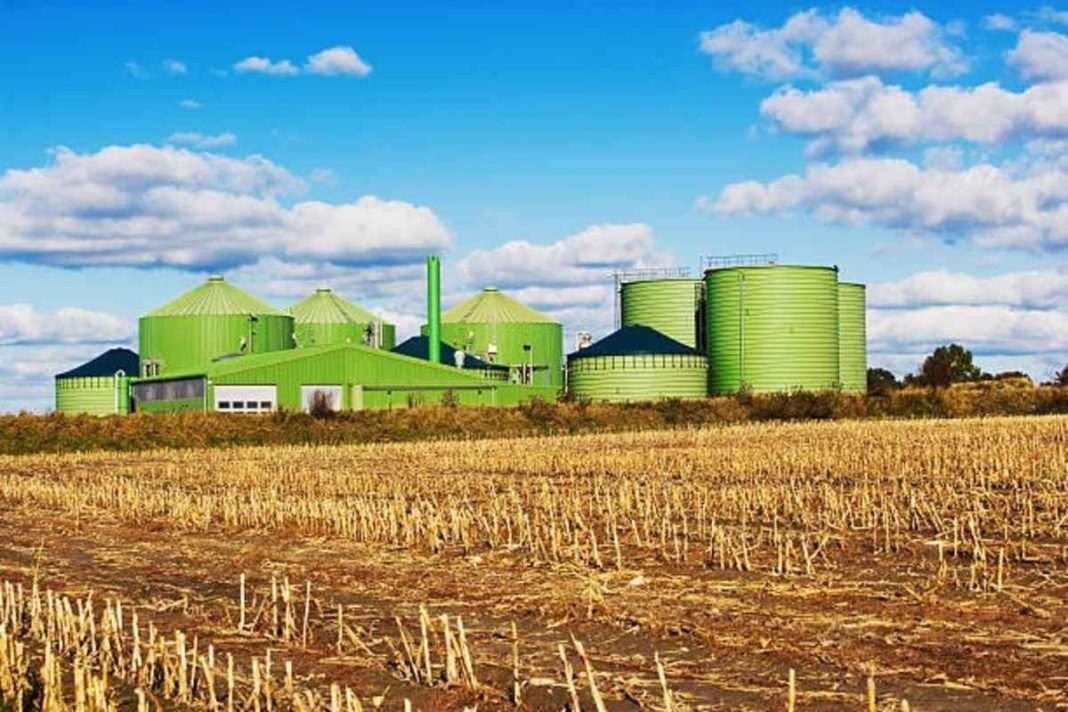The Ministry of New and Renewable Energy (MNRE) has rolled out a Revised Biomass Programme under the broader National Bioenergy Programme, with implementation spanning from FY 2021–22 to 2025–26. These refreshed guidelines aim to accelerate the adoption of biomass technologies across India, with a strong focus on promoting cleaner energy, reducing procedural delays, and empowering Micro, Small and Medium Enterprises (MSMEs).
Streamlined Procedures to Empower MSMEs
One of the most impactful changes under the Revised Biomass Programme is the simplification of bureaucratic processes. By reducing paperwork and easing approval protocols, MSMEs can now focus more on scaling their operations and less on navigating red tape. This transformation aligns with India’s broader objectives of improving stubble management and progressing toward net-zero emissions by 2070.
Embracing Smart Technologies
In a major technological upgrade, the new guidelines emphasize digital transformation through affordable Internet of Things (IoT) solutions. These systems now replace costly options like SCADA, providing a practical, real-time monitoring mechanism for biomass plant operators—particularly those in the small-scale sector.
Simplified Documentation for Biomass Developers
Under the Revised Biomass Programme, the documentation burden on developers of briquette and pellet manufacturing facilities has been significantly lightened. Extensive clearance paperwork is no longer required, encouraging smoother entry and faster execution for new and existing biomass ventures.
Greater Flexibility in Market Engagement
A progressive move within the new guidelines replaces the rigid two-year sales contract requirement with a more adaptable general sale agreement. This allows developers to respond to market demands dynamically, enhancing their competitiveness without being bound by long-term commitments.
Performance-Linked Financial Support
Subsidy distribution under the Central Financial Assistance (CFA) scheme now follows a performance-based model. Projects achieving over 80% efficiency qualify for full financial aid, while those performing below that threshold receive proportionate support. This change ensures fiscal responsibility and incentivizes efficient operations in the biomass industry.
Efficient and Timely Inspections
To reduce delays, the inspection window has been shortened. Performance checks can now occur within 18 months of commissioning or in-principle approval, and the operational testing duration has been cut from 18 hours to 10 hours. These measures make compliance checks quicker and less resource-intensive.
Tackling Air Pollution in the North
The Revised Biomass Programme also directly addresses the pressing issue of air pollution due to stubble burning in northern India. Biomass pellet manufacturers in these regions are granted the flexibility to choose between MNRE and Central Pollution Control Board (CPCB) support schemes—whichever is more beneficial for them. This initiative is designed to curb agricultural residue burning and expand cleaner energy production.
A Step Forward in Clean Energy Transition
In summary, the Revised Biomass Programme marks a decisive step towards sustainable energy practices. By introducing operational ease, financial incentives, and smart technology integration, the initiative supports both environmental protection and industrial growth. It’s a timely push that reinforces India’s journey toward a greener, cleaner future.



